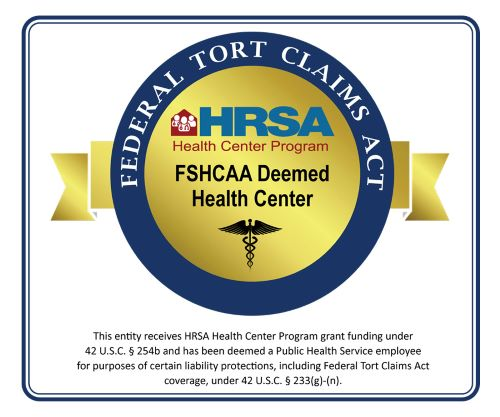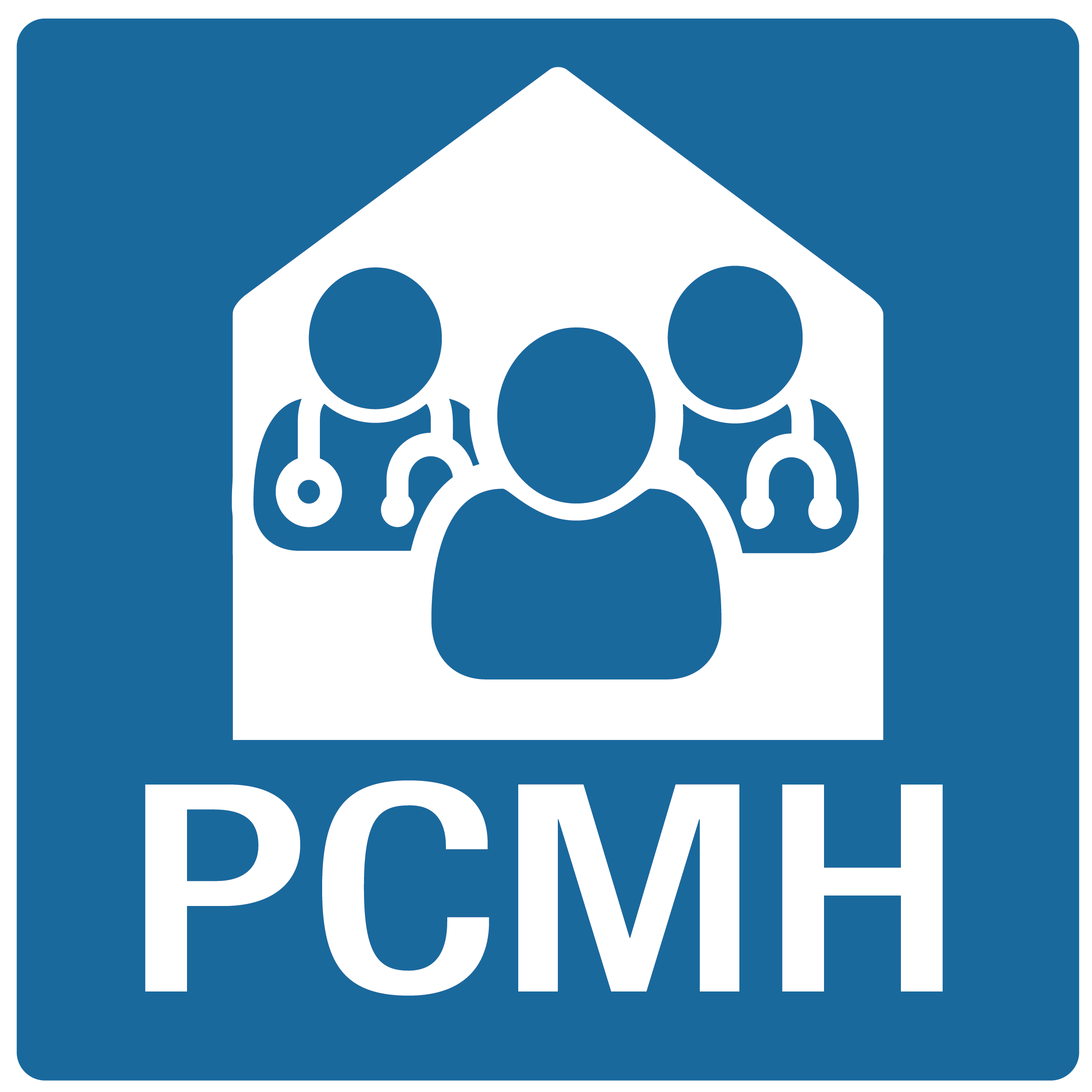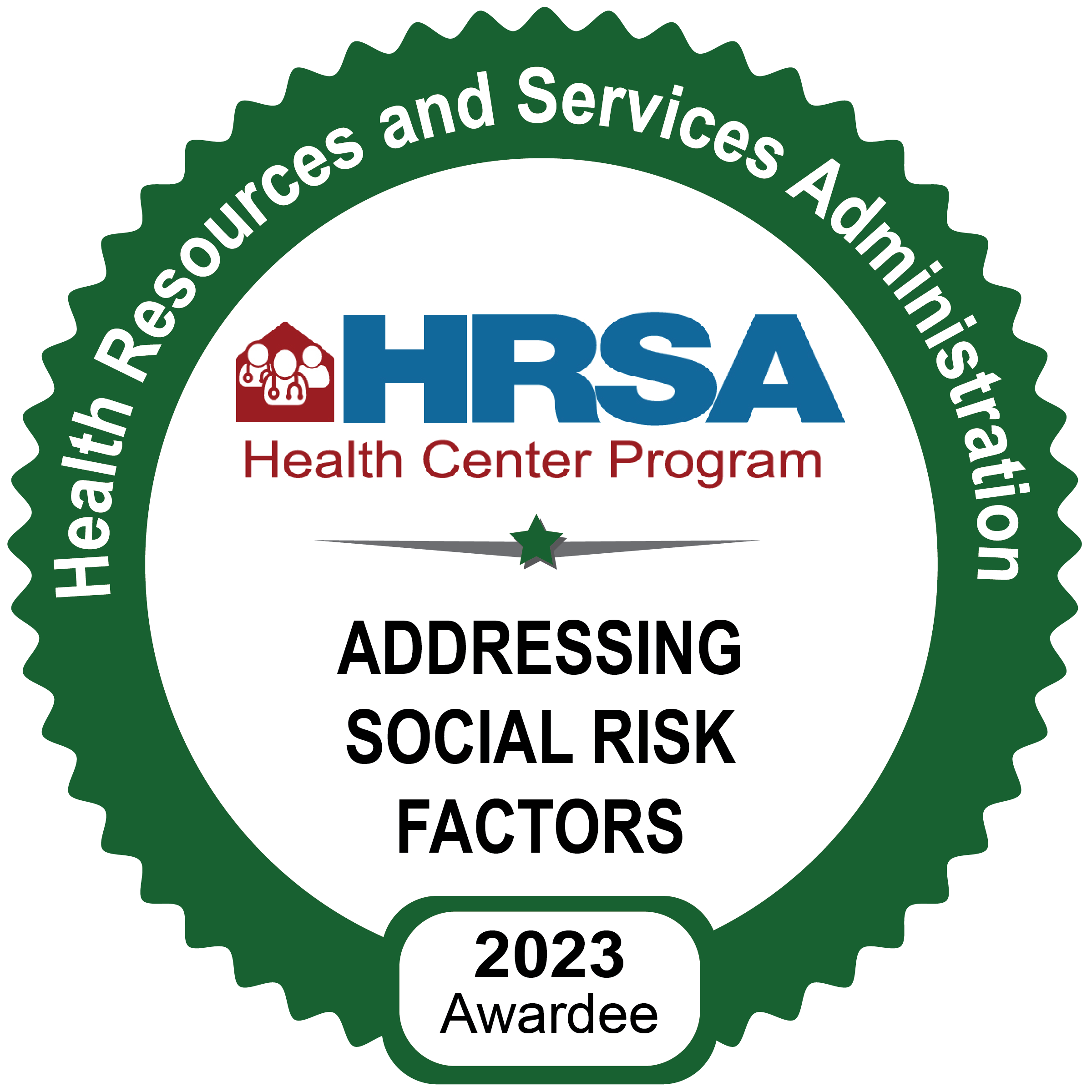To Buy Trazodone Online Visit Our Pharmacy ↓
 The Role of Trazodone in Treating Depression
The Role of Trazodone in Treating Depression
Understanding Trazodone: an Overview of Its Purpose
Trazodone, frequently recognized as a versatile component of antidepressant therapy, gained its spot in the realm of psychopharmacology as a result of its unique mechanism. Originally formulated for depression, this compound medication stands out due to its dual action as both a serotonin antagonist and reuptake inhibitor. This duality affords it a broader application, setting it apart from the more common mono-functional antidepressants.
| Key Features | Description |
|---|---|
| Action | Serotonin antagonist and reuptake inhibitor |
| Primary Use | Depression treatment |
| Form | Tablet |
Historically, trazodone has been a popular option prescribed from the pharm land, catering to patients where traditional happy pills may fall short. Despite being viewed primarily as a serotonin-modulating agent, experience has revealed that trazodone is particularly effective at addressing insomnia and anxiety symptoms that often accompany depression, thereby offering multifaceted relief.
How Trazodone Works Mechanism in Alleviating Depression

Trazodone serves as a unique compound medication in the arsenal of antidepressants by primarily functioning as a serotonin antagonist and reuptake inhibitor. This mechanism amplifies serotonin levels, an essential "happy pill" neurotransmitter, thereby uplifting one's mood and mitigating depressive symptoms. Unlike some other medications, trazodone also interacts with noradrenaline receptors, subtly altering neurochemical pathways and beginning its therapeutic effects almost stat.
Its capability to multitask sets trazodone apart from other antidepressants; it’s less likely to result in the sedative zombie pills effect because it uniquely balances neurotransmitter modulation. These interactions enhance its profile as a versatile player in managing depression with fewer hangover side effects.
Comparing Trazodone to Other Antidepressants on the Market
Trazodone, often classified among the "happy pills," stands out due to its unique script as both an antidepressant and a sleep aid. Unlike some popular antidepressants that primarily inhibit serotonin reuptake, trazodone doubles as an antagonist, addressing insomnia—a common side effect of depression treatment. This dual action not only enhances its efficacy but also reduces the typical pill burden faced by patients who might otherwise need a separate elixir for sleep issues.
When comparing with other top 200 antidepressants, trazodone's position shines due to its generics availability, which often leads to a lesser sticker shock for patients and ensures more widespread accessibility across varied "pharm lands."
Potential Benefits of Trazodone Beyond Depression Relief

Trazodone's multifaceted nature offers benefits that extend beyond mere depression alleviation. This medication has gained popularity for its role in improving sleep quality, acting as a useful comp in treating insomnia. By enhancing serotonin levels, trazodone facilitates a more restful night's sleep, which can significantly improve a patient's overall well-being. It also serves as an effective cocktail for anxiety and chronic pain management. For individuals struggling with both mood disorders and sleep issues, trazodone's ability to address multiple concerns within a single script makes it invaluable.
Exploring Common Side Effects and Safety Considerations
Trazodone, commonly known as one of the "happy pills," is frequently utilized for its antidepressant properties, yet it does come with its share of side effects. Patients might encounter drowsiness, dizziness, or even a "zombie-like" fatigue, which might make them feel as though they've had a particularly intense "hangover." It's crucial for prescribers to provide a clear "Sig," or directions on the prescription, to minimize these adverse reactions and ensure a safe experience for the user.
| Side Effect | Description |
|---|---|
| Drowsiness | Often makes patients feel excessively sleepy. |
| Dizziness | Causes lightheadedness, especially when standing up too quickly. |
| Fatigue | Results in a notable decrease in energy levels. |
Safety considerations are paramount when navigating the use of this compound medication. Due to its sedative nature, activities such as driving or operating heavy machinery should be avoided until the patient knows how trazodone affects them. Regular "Meds Check" sessions with a healthcare professional are encouraged to monitor for any "Red Flags," ensuring both efficacy and safety in its use.
Trazodone Usage Tips: Dosage, Timing, and Precautions
When diving into the world of Trazodone, understanding the dosage is pivotal. Starting with a low dose, often recommended by your White Coat, is common practice. Gradual titration is typically used to increase the dose, ensuring the body adjusts without undue stress. Timing is crucial; many practitioners suggest ingestion at night due to its sedative properties, promoting restful sleep while mitigating any hangover effects that could impact daily productivity.
Following the Sig is vital to avoid adverse side effects. It's also important to recognize potential interactions with other meds—a Meds Check can safeguard against complications. Always verify potential interactions with a pharmacist—both in Pharm Land and beyond.





